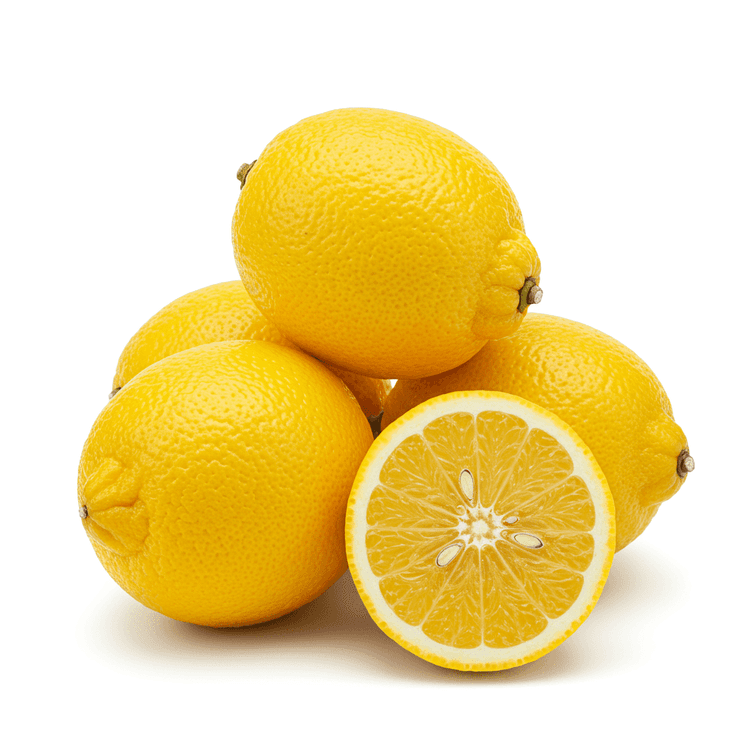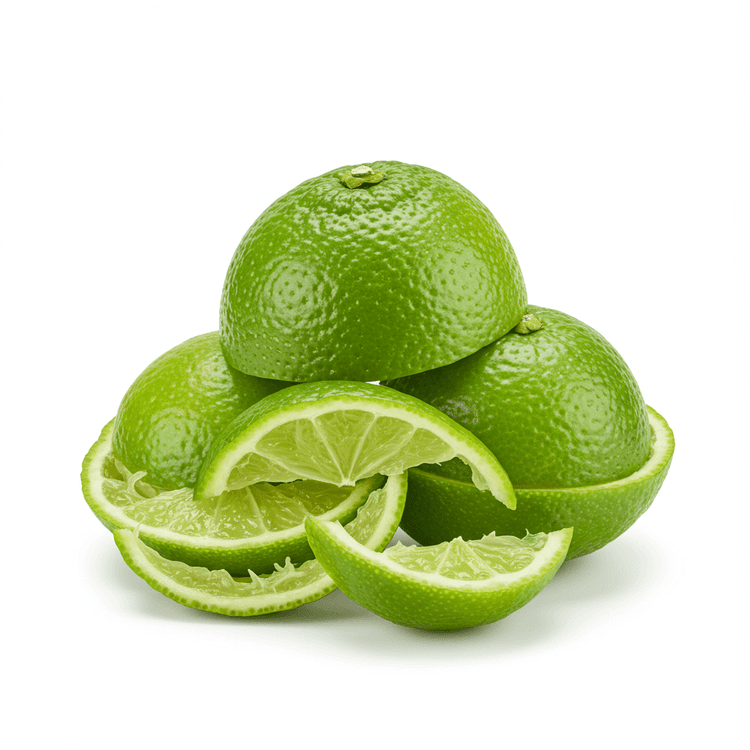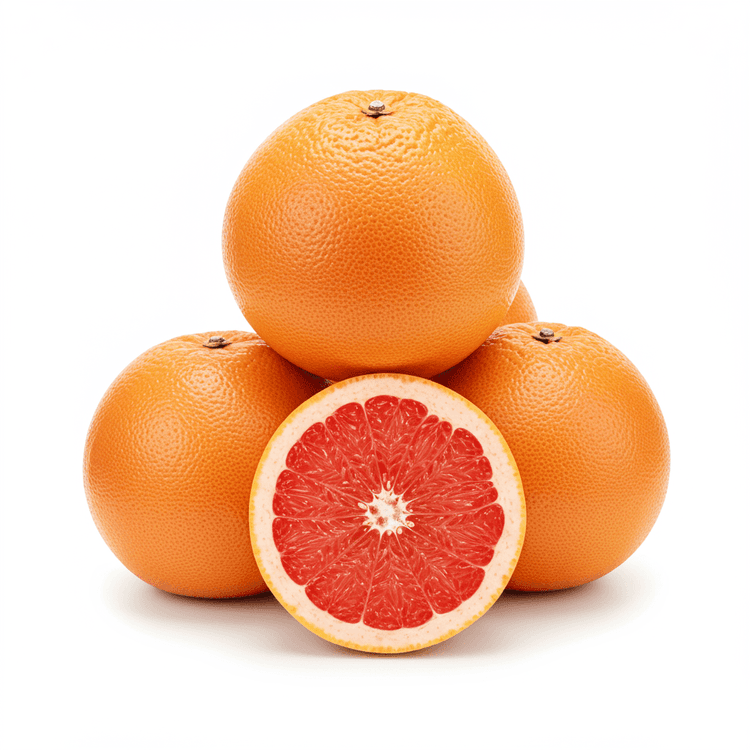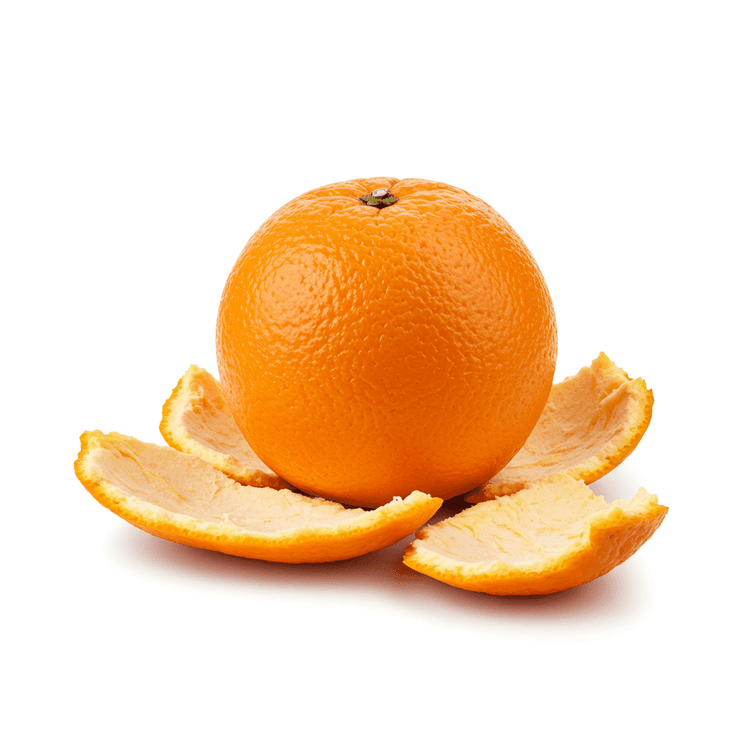
Citron
Citron, also known as etrog in some cultures, is a large, fragrant citrus fruit with a thick rind and minimal pulp. Unlike other citrus fruits prized for their juice, citron is primarily valued for its zest and the candied peel. The flesh can range from sweet to slightly acidic. The peel, when fresh, has a bright yellow color, a waxy texture, and a strong floral aroma. Search for candied citron peel recipes or how to use citron zest to add a unique citrus note to your dishes.
Common Uses
- Candied citron peel is a popular ingredient in fruitcakes, panettone, and other holiday baked goods, providing a sweet and chewy texture with a distinctive citrus flavor. Learn how to make candied citron peel at home for best results.
- Citron zest adds a bright, floral citrus aroma and flavor to cakes, cookies, muffins, and other baked goods. Use a microplane to finely grate the zest, avoiding the bitter white pith. Discover new ways to use citron zest in baking recipes online.
- Citron marmalade, made from the fruit's thick peel, offers a unique, intensely flavored spread for toast, scones, or pastries. Find easy citron marmalade recipe variations that include other fruits like orange or lemon.
- Preserved citron, often brined or pickled, can be used as a condiment or ingredient in savory dishes, providing a tangy and slightly bitter flavor. Explore preserved citron recipes for salads and antipasto.
- Citron is sometimes used to make citron liqueur, a flavorful digestif or cocktail ingredient with a strong citrus aroma. Look for easy citron liqueur recipes using vodka or gin as a base.
- In some cuisines, the citron fruit itself, after significant processing to reduce its bitterness, is used in salads and stews. Find recipes for using fresh citron in Mediterranean-style cuisine.
Health Benefits
- Rich in Vitamin C, supporting immune function and antioxidant protection.
- May aid digestion due to its fiber content, promoting gut health.
- Potential anti-inflammatory properties contributing to overall wellness.
- Source of essential oils that can offer mood-boosting and stress-reducing effects.
- Contains antioxidants that help protect cells from damage caused by free radicals.
- May contribute to healthy skin due to its antioxidant and vitamin content.
Substitutes
Chefadora AI is here.
Experience smarter, stress-free cooking.
Storage Tips
Citron should be stored in a cool, dry place away from direct sunlight. Whole citrons can last for several weeks at room temperature if properly stored. To prolong freshness, refrigerate citrons in a plastic bag; this will help maintain their moisture content. Candied citron should be stored in an airtight container in a cool, dark place to prevent it from drying out. Properly stored candied citron can last for several months.
Marnirni-apinthi Building, Lot Fourteen,
North Terrace, Adelaide, South Australia, 5000
Australia




